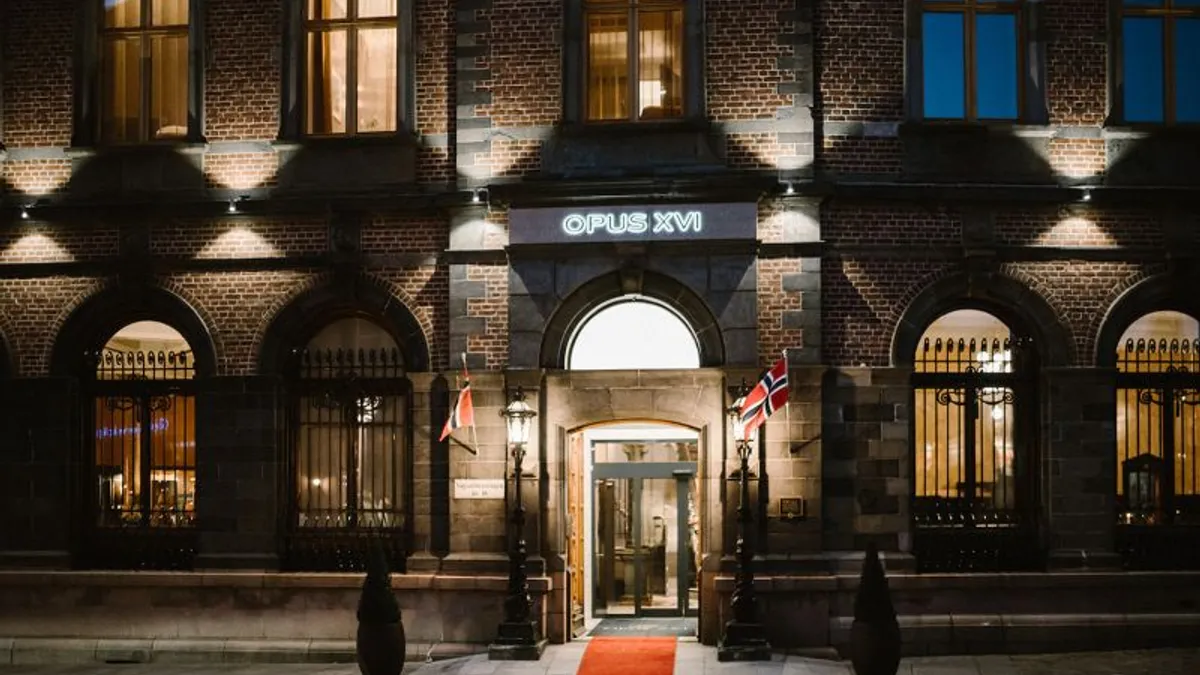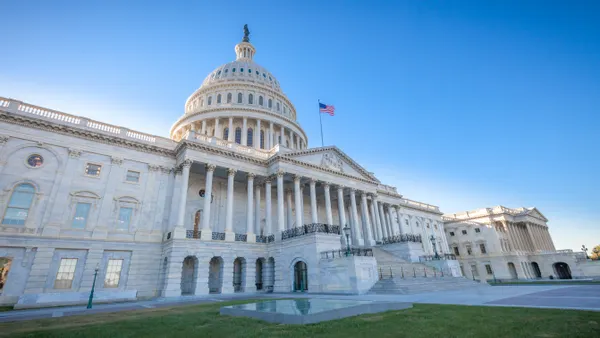Dive Brief:
- Digital travel marketing platform Sojern has launched enhancements to its AI-powered hotel marketing software, the company announced Tuesday. The updates allow AI to more finely tune resource allocation, increase personalization and re-engage former hotel guests.
- The platform’s “AI-powered audiences” is intended to help hotel marketers make more informed decisions on resource allocation by using AI-driven analysis to find and target the best customer segments.
- AI-powered hotel marketing models are becoming more commonplace, Kurt Weinsheimer, Sojern’s chief solutions officer, told Hotel Dive, but it may take a while to see the technology truly proliferate. “We have competitors that are just now building AI functionality, and I can tell you firsthand that it takes several years to develop and refine the sophisticated AI models that power our platform,” he said in the announcement.
Dive Insight:
A study by McKinsey found that 71% of consumers expect companies to deliver personalized interactions, and 76% get frustrated when they don’t occur. That’s especially important for hotels, Weinsheimer told Hotel Dive, adding that AI can support personalized service before hotel guests even book their stay. “The more personalized you are, the more relevant and the more cost effective your advertising,” he said.
Advertising platforms without AI can use data to see when people are shopping for hotels in a particular destination and market to them accordingly, Weinsheimer explained. But AI models can analyze more complex sets of data. Sojern’s software, for example, can analyze data to rank a potential customer's likelihood of booking and market harder to those who are most likely to book a stay. Weinsheimer likened it to bidding $10 on the target customers most likely to be won over, instead of bidding $1 on every potential customer.
And Sojern’s technology maintains personalization after the booking process, too, by working to identify targets, such as previous guests, for re-engagement.
The model also notes their follow-through rates, learning from when a potential customer books or doesn’t book. “Information pours in, and the models get smarter and smarter over time,” Weinsheimer said. “You're always improving your performance.”
Rather than traditional online campaigns, which have start and end dates, the AI model continues working and learning year-round. “Once you stop the model, you stop learning and you start back at day one,” he explained. “So [...] you're always running something so that your campaigns are always learning.”
That means AI models will continually become more sophisticated, something that’s not just relevant to Sojern’s technology but others in the hotel space, too. “I still think we're important early innings as far as the impact of AI,” Weinsheimer said.










